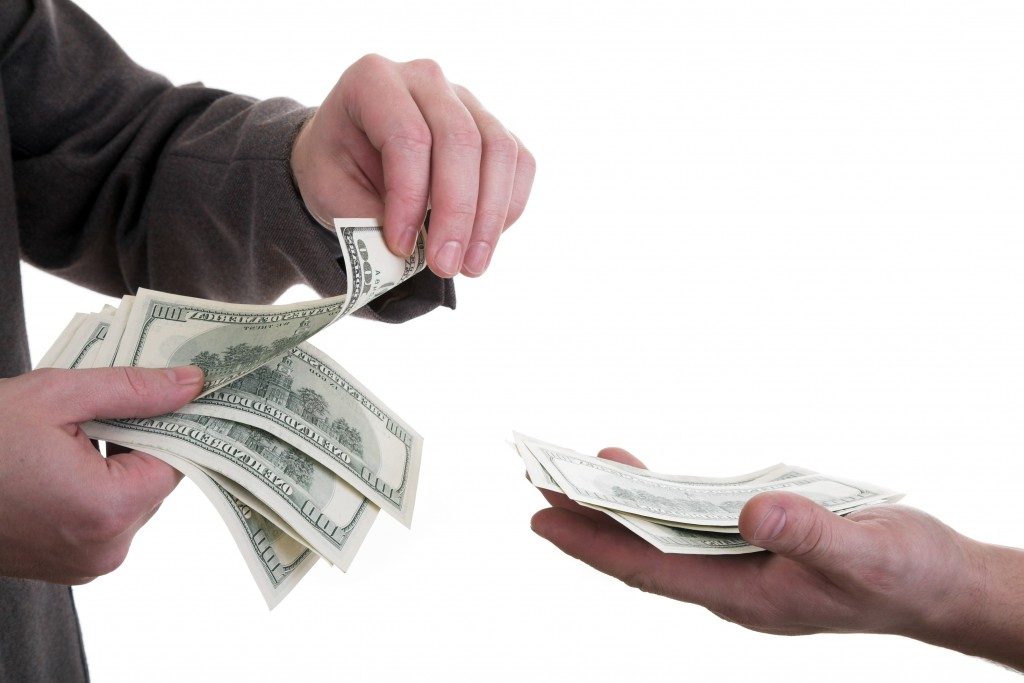Good faith deposit, also commonly known as earnest money deposit, is money that buyers pay sellers when entering into a real estate contract. The main purpose of this deposit is to help assure the seller of the buyer’s intent in following through with the transaction.
Commonly leveraged in real estate deals, earnest money deposits might likewise enable a buyer to buy more time securing financing and offers a seller an incentive or motivation to continue with the deal.
How Earnest Money Deposit Works
Let’s say that you’re a buyer. To demonstrate that you’re serious and that you made your offer in good faith, it’s usual for potential home buyers to put down an earnest money deposit, usually a percentage of the home’s purchase price. While the exact amount varies from one transaction to another, earnest deposit amounts usually range from 1% to 2% of a property’s purchase price.
The seller won’t be able to cash in your check immediately because it’s under the name of an escrow company, and not under the seller’s name. Top real estate attorneys in Denver such as Miller & Steiert, P.C. says the seller might get to cash in your check if you renege of the deal due to a reason that was not included in your purchase contract.
For instance, if you changed your mind or can’t finalize your mortgage. However, you could likewise get your deposit back if the seller fails to meet your contingencies during the set contingency period. The earnest money deposit also acts as a deterrent against fraudulent buyers or those who make flippant offers so that the seller would be sufficiently compensated if the deal falls through.
However, under a standard real estate contract’s terms and conditions, the escrow company holding the earnest money deposit isn’t allowed to give the seller the deposit without permission from both the seller and buyer.
That said, it’s crucial that understand your purchase contract before signing it to ensure that you’re fine with how your earnest money would be handed over in case of an issue. Once the transaction pushes through as planned, your earnest money deposit would go toward your down payment.
An earnest money deposit is put down by prospective buyers to clearly communicate to sellers that they’re intent on buying the property. It would be forfeited if a buyer doesn’t move forward with the transaction, returned to the buyer if the seller rejects the offer, and would be part of the buyer’s down payment if the seller accepts the offer.

